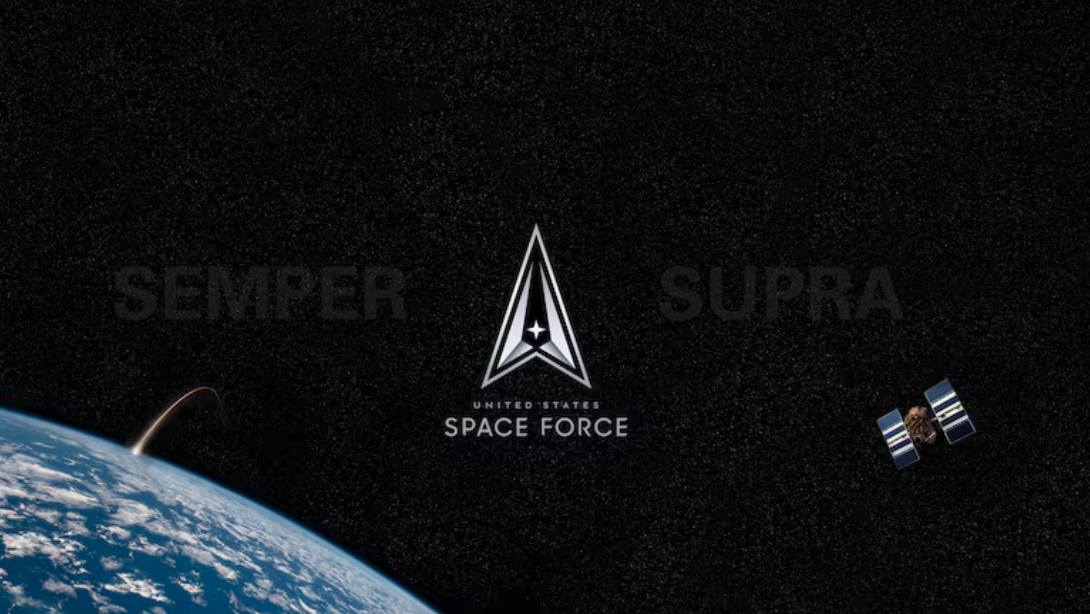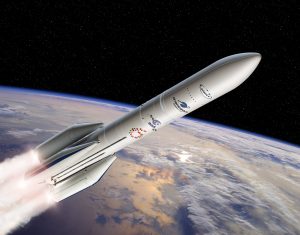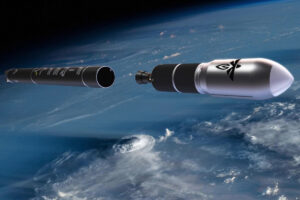Protecting Space Assets at Centre of UK, US, Germany Talks
14th Jun 2023
On a recent trip to Europe, U.S. Space Force Lt. Gen. DeAnna Burt discussed plans to share more information with allies regarding potential cyber attacks and other security threats. Protecting space assets is a rising concern given recent anti-satellite exercises by China and Russia.
Burt traveled to Germany and the UK over 22nd – 26th May to reaffirm the cooperation of the Space Force along with NATO allies and the U.K. Space Command.
Space Force calls sharing information and working with allies one of its “top priorities” and General Chance Saltzman has recently said one of the service’s main ideals must be to “partner to win”.
Protecting space assets around Earth, the Moon, and between
Collaboration in protecting space assets is not without challenge, with Burt outlining the key question: “how do we build things in line with our partners that are interoperable just as we do in every other domain?” The answers to this question are becoming increasingly complex.
Since the Russian invasion of Ukraine, Russian forces have targeted the communications satellites crucial to Ukraine and their military, including cyberattacks on the SpaceX Starlink networks that serve the country, and thus further underlining the need for adequate defence.
Space Force is also focused on the spread of commercial and sovereign activity beyond Earth orbit. Speaking to airandspaceforces.com on 12 June, Vice Chief of Space Operations Gen. David D. Thompson pointed to the need for Space Force to also include cis-lunar assets in its defence plans.
Space Force’s Unit Within European Command
The Space Force will shortly launch their unit at the European Command in Germany. They have already set up similar facilities including the U.S. Pacific Command and the Forces Korea, and upon approval from the Secretary of Defense, the facility in Germany will follow.
Burt promised support for NATO, which already operates a defence centre at the Allied Air Command in Ramstein, the same location that will host the EUCOM facility.
Burt explained that: “Every country is providing capability into that centre” before going on to explain that “adding a service component right now is really timely, and it will continue to bring that dialogue with NATO and space even further.”
The support of NATO’s operations raises a lot of questions about what will be shared. Currently, the United States only shares with the Five Eyes intelligence alliance when it comes to sensitive and classified information, this includes Australia, Canada, New Zealand and the United Kingdom.
This policy could change.
This has been a concern for a long time, said Burt. “Security has always been a problem. And we continue to keep attacking it.”
She also explained that there are already a lot of discussions in place about sharing information and how NATO and the U.S. will work together. The Defense Department’s Special Access Program office is one example of a way that information has been shared with allies, but special access accounts are still very strictly guarded.
“I think they’re working hard at that level,” said Burt. “We have the ability to control that as we control the data we create about space systems. How do we make sure that we’re classifying things properly, and not overly classifying things?”
![Beauty of the Pink Moon And Lyrid Meteor Shower in This Week’s Best Astrophotos [19-26 April] Beauty of the Pink Moon And Lyrid Meteor Shower in This Week’s Best Astrophotos [19-26 April]](https://orbitaltoday.com/wp-content/uploads/2024/04/Pink-Moon-is-on-its-way-above-the-mountains-1-300x300.jpg)





Thank you for your comment! It will be visible on the site after moderation.